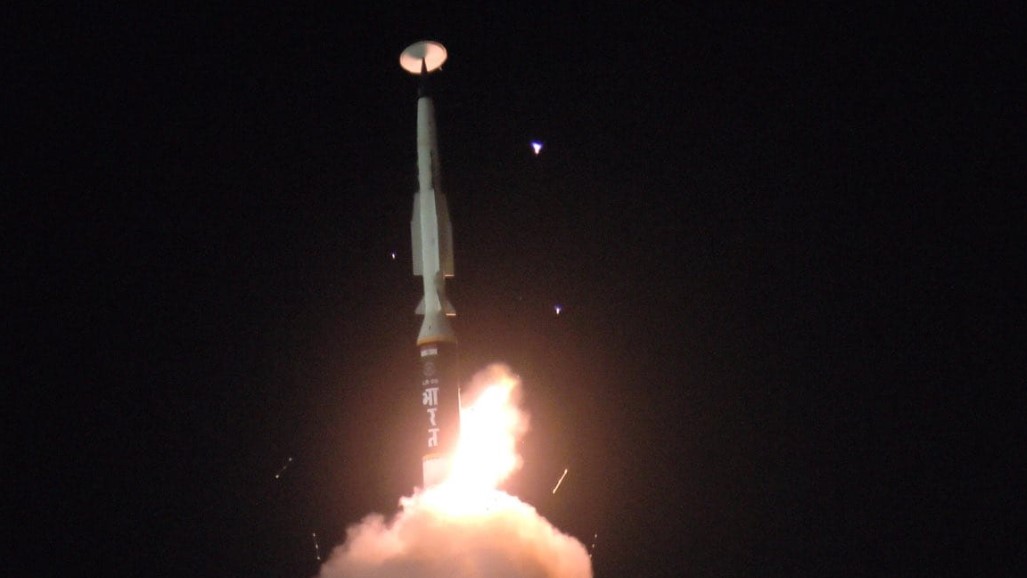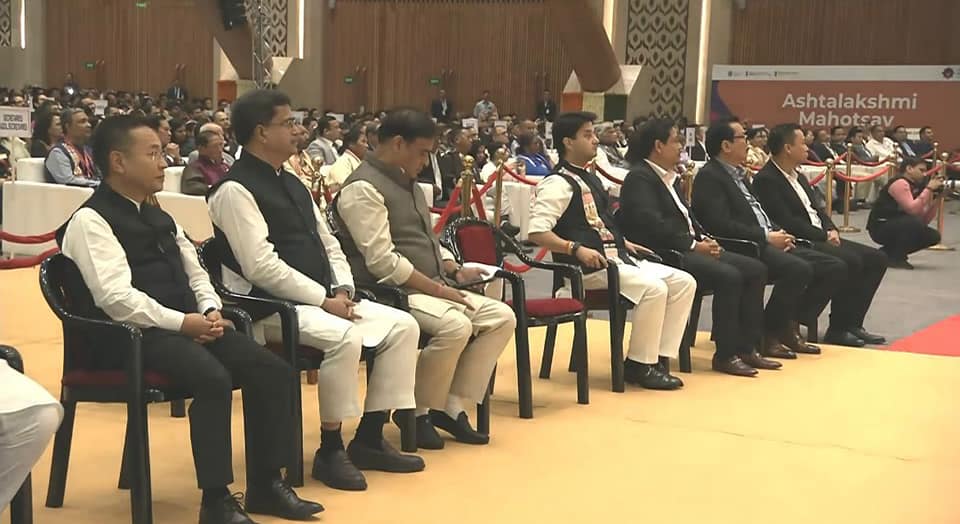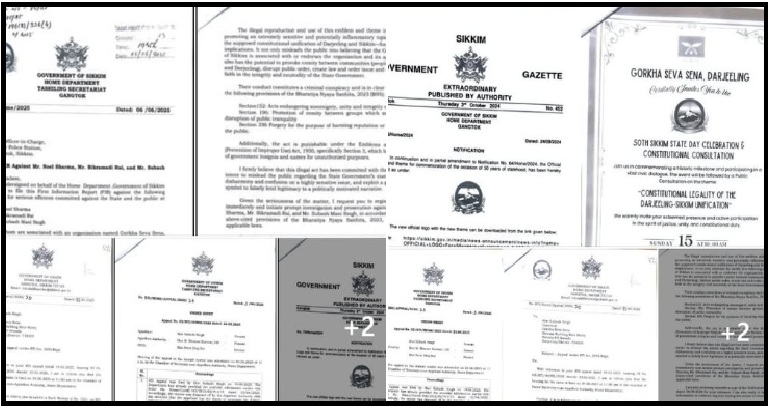
India has achieved a significant milestone in its defense capabilities with the successful flight trial of a long-range hypersonic missile. The test, conducted from Dr. APJ Abdul Kalam Island off the coast of Odisha, marks a major advancement in the country’s military readiness, Defence Minister Rajnath Singh announced on Sunday.
Designed to carry multiple types of payloads over distances exceeding 1,500 km, the hypersonic missile represents a leap forward in India’s strategic deterrence. With this accomplishment, India joins an elite group of nations possessing advanced hypersonic technology, Singh emphasized.
“India has achieved a major milestone by successfully conducting the flight trial of a long-range hypersonic missile. This historic achievement places our country among the select few with such cutting-edge military capabilities,” Singh stated in a tweet.
The missile’s performance was meticulously tracked through a range of systems deployed across multiple domains. According to the Defence Research and Development Organisation (DRDO), data from down-range ship stations confirmed the missile’s precise terminal maneuvers and impact accuracy. The trial was conducted on Saturday night.
The missile has been developed indigenously by the laboratories of the Dr. APJ Abdul Kalam Missile Complex in Hyderabad, in collaboration with other DRDO facilities and industry partners. Senior DRDO scientists and representatives from the Armed Forces were present during the trial.
Following the successful test, the Defence Minister, Defence Secretary, and DRDO Chairman extended their congratulations to the team behind the achievement. This development is expected to significantly enhance India’s defense capabilities and bolster its position in global military technology.
Hypersonic missiles are defined by their capacity to travel at speeds surpassing Mach 5, making them extremely difficult to detect and intercept. This successful trial highlights India’s progress in advanced military technology, enhancing its strategic deterrence and bolstering national security.





